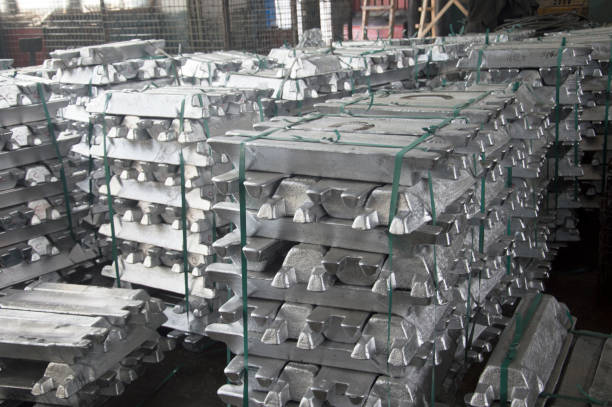Aluminum casting parts are widely used in various industries due to their unique properties and benefits. From automotive to aerospace, these parts play a crucial role in ensuring the efficiency and durability of the final products. This article will explore the importance of quality aluminum casting parts in different industrial applications.
Aluminum is a lightweight metal with excellent corrosion resistance and thermal conductivity, making it an ideal material for casting parts. Its high strength-to-weight ratio allows manufacturers to create intricate and complex designs while maintaining structural integrity. This versatility makes aluminum casting parts suitable for a wide range of industrial applications.
In the automotive industry, aluminum casting parts are extensively used in engine components, such as cylinder heads, engine blocks, and pistons. These parts offer significant weight reduction compared to traditional cast iron components, resulting in improved fuel efficiency and overall performance. Additionally, aluminum’s superior heat dissipation properties help to enhance the engine’s cooling system, ensuring optimal operating conditions.
The aerospace industry also greatly benefits from quality aluminum casting parts. Lightweight yet durable, these parts are employed in aircraft structures, landing gear components, and turbine engine parts. By utilizing aluminum casting parts, aircraft manufacturers can reduce the overall weight of the aircraft, leading to increased fuel efficiency and extended flight range. Moreover, the corrosion resistance of aluminum ensures the longevity and reliability of these critical components in harsh environmental conditions.
Another industry that extensively uses aluminum casting parts is the construction industry. These parts are utilized in various infrastructure projects, such as bridges, buildings, and pipelines. The lightweight nature of aluminum makes it easier to transport and install, resulting in reduced construction costs and shorter project timelines. Furthermore, aluminum’s resistance to corrosion ensures the longevity and structural integrity of these infrastructure components, even in highly corrosive environments.
The electronics industry also relies on quality aluminum casting parts for the production of heat sinks and electronic enclosures. Heat sinks are essential in dissipating heat generated by electronic devices, preventing overheating and potential damage. Aluminum’s excellent thermal conductivity allows for efficient heat transfer, ensuring the proper functioning and longevity of electronic components. Additionally, aluminum casting parts are used to manufacture electronic enclosures, providing protection and shielding against electromagnetic interference.

In the renewable energy sector, aluminum casting parts are utilized in the production of wind turbine components. The lightweight yet robust nature of aluminum makes it an ideal material for wind turbine blades and housing. These components need to withstand strong winds and harsh weather conditions while maintaining their structural integrity. Aluminum casting parts offer the required strength and durability, contributing to the efficiency and reliability of wind energy generation.
Quality aluminum casting parts are essential in various industrial applications. Their unique properties, including lightweight, corrosion resistance, and thermal conductivity, make them highly desirable in industries such as automotive, aerospace, construction, electronics, and renewable energy. By utilizing aluminum casting parts, manufacturers can achieve improved performance, increased fuel efficiency, and extended product lifespan. The versatility and reliability of aluminum casting parts make them an indispensable component in modern industrial processes.

 0086-750-5616188
0086-750-5616188 +86 13392089688
+86 13392089688 sales@zhongmei-tech.com
sales@zhongmei-tech.com













